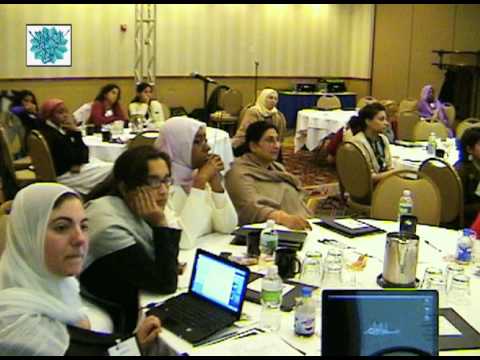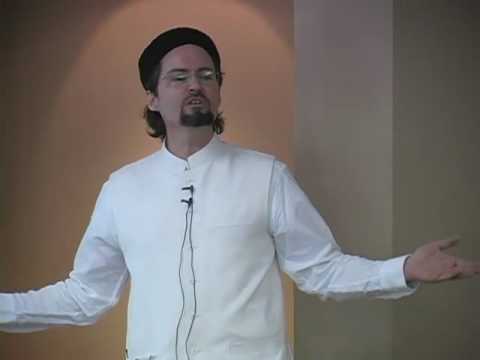Nazish Noorani, domestic abuse and American Muslims
An interview with Robina Niaz, Executive Director of Turning Point
Read MoreAn interview with Robina Niaz, Executive Director of Turning Point
Read More“I have to fast for fifteen hours and you don’t give me fifteen minutes to eat my suhoor! You don’t care. You’re lazy. Just get up a little earlier. And I swear you’d better do it quietly, because I don’t get to bed before midnight because of the late Tarawih prayers. You want to have a roof over your head? Then you’d better make sure I get up in time to make it to work at 8:00. I have to sleep after fajr a little bit just to function. You know that. How do you expect me to wake up after so little sleep if you are going to whisper so softly? If I’m late for work and get trouble from my boss, it will be because you couldn’t be bothered to wake me on time.”
Read MoreOpen any newspaper in the UK today and the two topics which govern any discussion on Muslims are women and extremism. Unsurprisingly, Muslim women feel these topics are inadequately addressed by Muslims themselves. Time and again, extremists – claiming to speak in the name of God – successfully dominate the discourse on British Muslims without any effective opposition.
Read MoreA series of eighteen copper bowls hang from a long black panel. Brilliant in color, some have kneaded, furled edges, while others have smooth, buffed surfaces. This series entitled “Noise,” is an installation made by Maryland-based Metal-smith Mawadda Alaswadi for the 12th Annual Muslim Women in the Arts (MWIA) exhibit, “Healing & Empowerment: Violence, Women & Art.” Mawadda’s installation expresses the different stages one experiences in being a victim of sexual abuse.
Read More
On December 13, 2009 at 1:00PM EST, a virtual meeting about domestic violence, featuring several gender rights activists, will occur right here on Altmuslimah. Join us for this important event – the instigator for what Altmuslimah and partners hope will be fresh perspectives, solution-oriented discussion, and an active campaign against domestic violence in the Muslim community.
Read MoreEven small acts of mistreatment register in children’s impressionable, still-developing brains. While psychologists reassure us that children are adaptable and that parenting need only be “good-enough,” a pattern of mistreatment of a child can lead to an adult who believes it is acceptable to harm children “for their own good.” It can also lead to an adult who uses the Qur’an to justify abusing a spouse, or accepting abuse.
Read MoreThough much has been said about the horrific killing of Aasiya Hassan, we should continue to honor her by reviving our memories of her brutal death and calling ourselves to action again. After all, presenting an alternative to the merchants of fear and hate who dehumanize others was her mission.
Read MoreThe spirit and the letter of Islamic law prohibit acts of relationship violence. Are we willing to hold our brothers, fathers, and sons accountable for domestic violence at work, at home, and at the mosque?
Read More
Following the brutal murder of Aasiya Zubair, renewed attention has been paid to the position of Islam on domestic violence. In response, here is a sermon by Shaykh Hamza Yusuf, recorded on February 20, 2009 in San Jose, California.
Read MoreAasiya was killed in the very space where she tried to promote a broader understanding of Islam. Like many other domestic violence victims who endure years of abuse before deciding to leave their partner, she may have been held back by her abusers’ threats, isolation, and fear of stigma
Read More